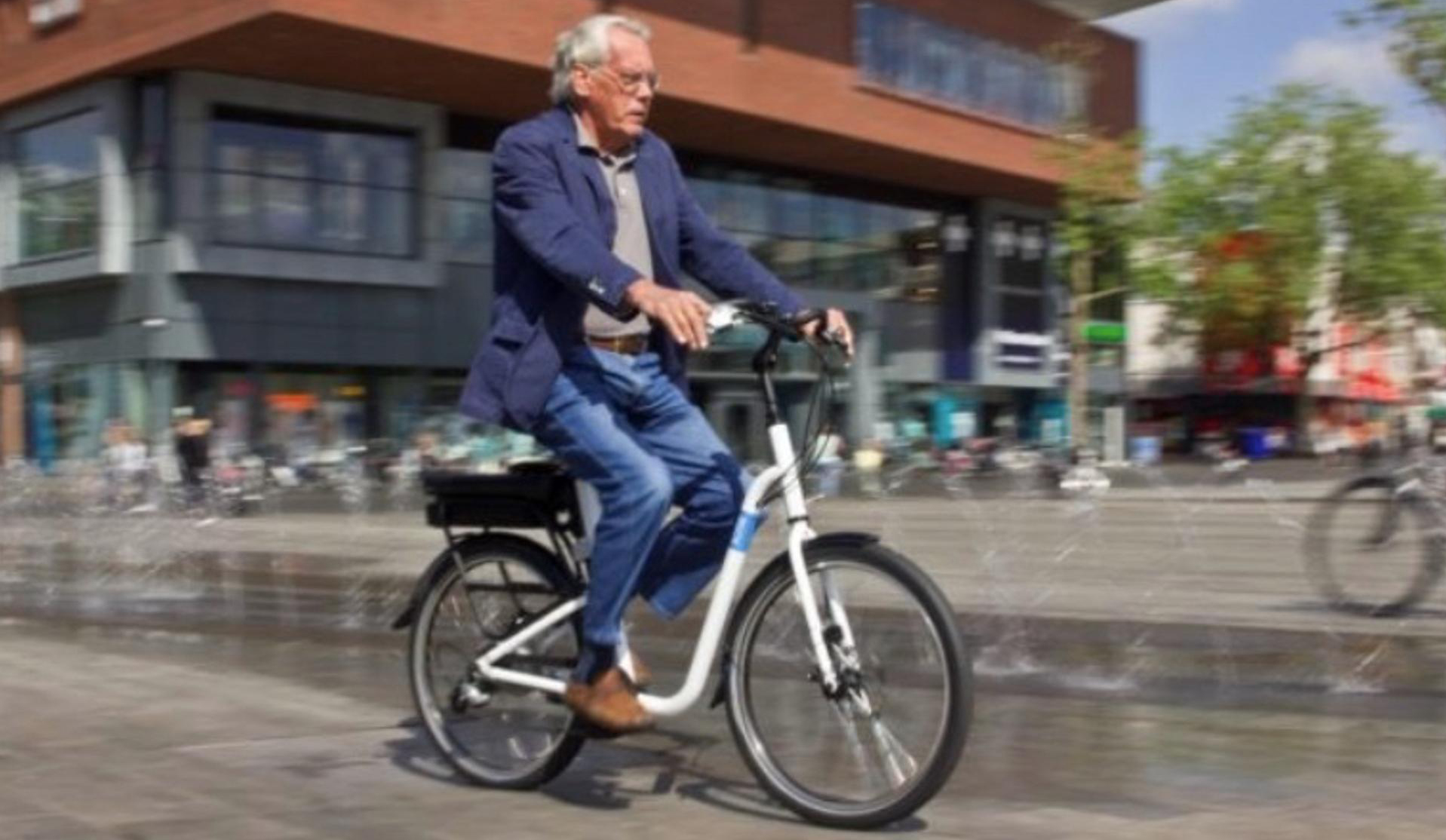- Despite e-bikes' environmental benefits, new research calls into question the cost-effectiveness of incentives, because 80 percent of people who buy an e-bike would have done so without a discount (The Conversation). The best way to maximize the return on investment is to make the rebates modest, easy to redeem and targeted at lower-income individuals (CityLab).
- A survey by a parking app came to the unsurprising conclusion that most people really hate paying for parking, but the lede is buried: Almost half don't know that free parking is subsidized by their taxes. (Yahoo! Finance)
- City and state governments are spending more on Vision Zero infrastructure like traffic signals and cameras. (State Tech)
- The New York Times framed New Jersey Gov. Phil Murphy's plan to fund transit as an unpopular business tax, rather than a much-needed source of revenue.
- Pedestrian and cyclist deaths in Nashville have more than doubled over the past decade, and victims' families are calling for change. (Axios)
- A bill that would have killed the Blue Line bus rapid transit project in Indianapolis won't move forward after Republican state legislators got the city to agree to include more car lanes. (Fox 59)
- A $100 million Columbus, Ohio plan would replace downtown parking and car lanes with biking and walking paths. (Dispatch)
- A St. Louis regional planning board voted to approve a new north-south MetroLink line. (Business Journal)
- Colorado's Regional Transportation District is about to start a downtown Denver light rail reconstruction project. (Railway Age)
- A $44 million makeover of Boston's Blue Hill Avenue will include a dedicated bus lane. (WBUR)
- Citing concerns about cost, reliability and availability, Milwaukee will no longer purchase battery-electric buses. (Urban Milwaukee)
- Governing is the latest news outlet to profile Hoboken, the rare city that actually achieved Vision Zero.
- Durham hired a Vision Zero coordinator who views traffic safety as a public health crisis. (Spectrum News)
- Minneapolis is once again at odds with Uber and Lyft over driver pay. (Star Tribune)
- Until the 1950s Dallas was a walkable city with 200 miles of streetcar tracks. (Strong Towns)
- A fast-food chain tried to steal Uber's hugely unpopular surge pricing idea, only to back down after customer backlash. (Quartz)
Today's Headlines
Friday’s Headlines Have Questions
What's an optimal rebate to get people to buy e-bikes without wasting money on those who were going to buy one anyway?
Stay in touch
Sign up for our free newsletter
More from Streetsblog USA
Monday’s Headlines Took the Keys Away
A demographic disaster is coming as a generation of aging suburbanites become either dangerous drivers or trapped in their homes.
Why Anti-Trans Laws Are Terrible For Transportation, Too
A disturbing new Kansas law revokes trans people's driver's licenses. Here's how it will make our communities more dangerous.
Sunbelt Cities Rank Last in National Street Safety Index
Cars and drivers continue to dominate the newest and sunniest cities in the United States.
Mass. ‘Micromobility’ Commission Recommends Improved Classification, Regulation of Motorbikes and Scooters
Among other recommendations, the commission supports expanding bikeshare systems and other micromobility options as a safer, less expensive, and more efficient alternative to driving.
Americans Demand Congress Fund Active Transportation In Next Infrastructure Bill — And Not Just The Bike/Walk Advocates
A "back to basics" surface transportation bill — as Republicans are seeking — would be devastating for road safety and small businesses.
Friday’s Headlines Take a Lot to Laugh, Take a Train to Cry
I ride on a mail train, baby. Can't buy a thrill.






